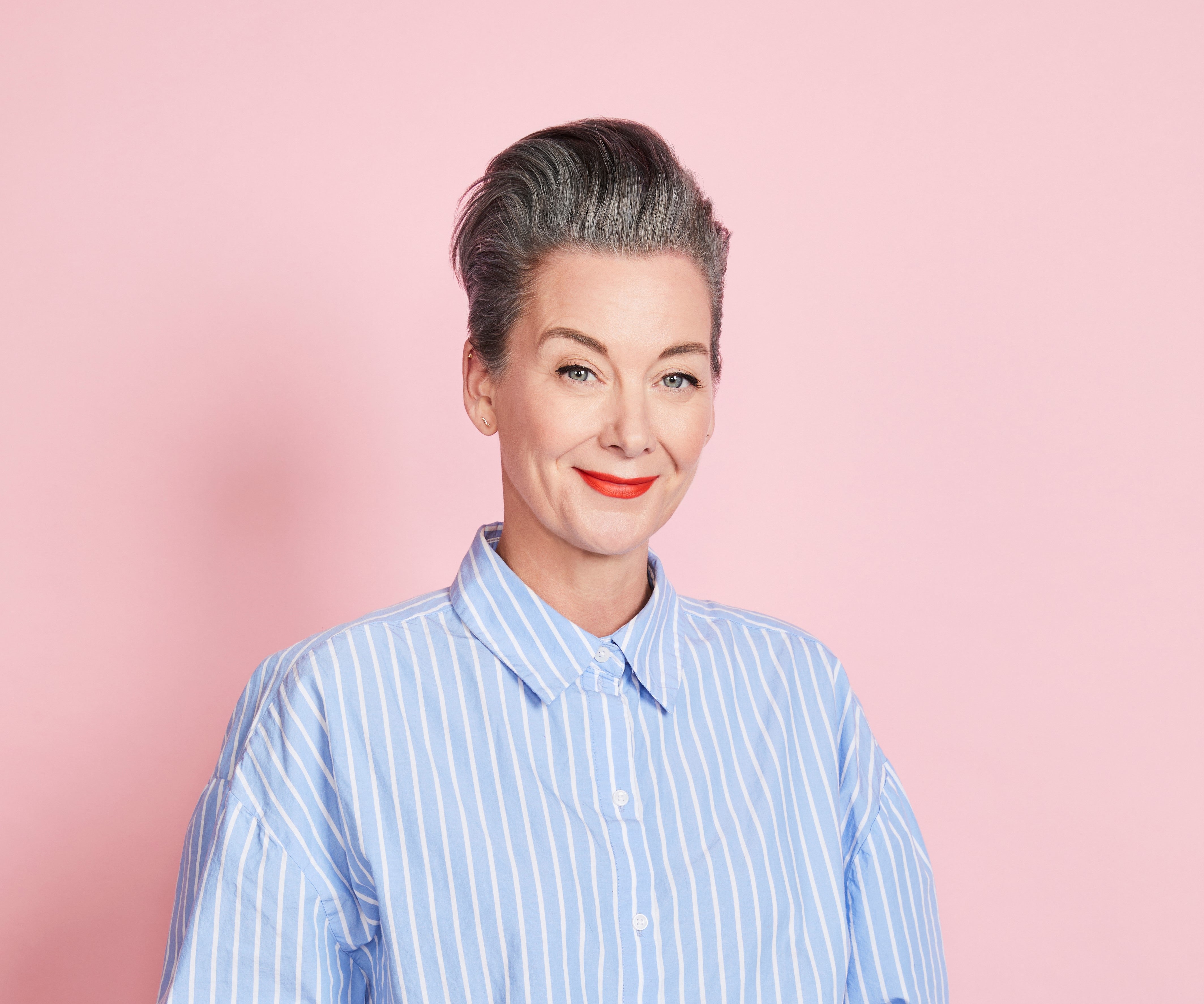‘It can be hard when your kids leave the nest,’ mother says as study finds parents want their children back
Tracey said her eldest daughter Franke left to go to University last year and said one thing that brought them closer was “preparing her for her university life,” which helped them “bond over the little things.”

Two-thirds of parents whose children have left home would gladly have them back again.
A study with 2,000 mums and dads whose children have left said they would like their children to live no further than 14 miles away from them on average.
But 90 per cent were keen to support their child’s dream and let them have their own adventure.
As a result, 53 per cent travelled with them for their moving-in day, and 15 per cent stayed in a hotel to ensure they were settled.
For 14 per cent of those, this stay ended up being as long as a week to ensure their child was okay.
The research was commissioned by Premier Inn, which has created a downloadable ‘Empty Resters’ guide in partnership with content creator and parent, Tracey Lea Sayer, aged 51, to help parents through this change.
She said: “It can be hard when your kids leave the nest.
“Driving them up to university for the first time, for example, is the last big thing parents get to do for them before they become an adult.
”Our tips cover lots of the issues parents will face when helping kids leave the nest.
“From packing advice to making sure kids have essential life skills like how to use a washing machine or plan a food shop, it’s all here.
“Helping to focus on practical matters can be really beneficial for parents who might feel overwhelmed with emotion – and it can also really help them feel useful to their kids.”
The study also revealed 36 per cent proceeded to redecorate their child’s bedroom after they’d shipped out.
But 28 per cent of these simply spruced up the room, making it more comfortable, for when they come back for the holidays.
It also emerged kids are slightly more likely to move out and stay local than move a good distance away (57 per cent compared to 41 per cent).
And 29 per cent of parents find their children come home weekly.
Most kids moved away for university (32 per cent), but 29 per cent moved in with a partner and 10 per cent got their own place with friends.
But while 65 per cent would be happy to have their kids move back in with them if needed, 45 per cent said their relationship with their child has improved since they left.
However, kids shouldn’t expect a free ride – as 55 per cent of the parents polled, via OnePoll, would be expecting some cash in rent every month.
And their child moving out has led to 28 per cent travelling more, 26 per cent having more disposable income and 23 per cent eating out more.
‘A new chapter in her life’
Tracey said her eldest daughter Franke left to go to University last year and said one thing that brought them closer was “preparing her for her university life,” which helped them “bond over the little things that signified a new chapter in her life.”

Tracey added: “From the obligatory shopping trip for essential bits and bobs, to teaching her how to make the perfect scrambled eggs and navigate laundry instructions.
“Buying essentials in advance made us both feel more prepared, it meant Frankie and I could spend some quality time together too.
“Equipped with a checklist of essentials well in advance, the daunting moving-in date had arrived.
“Having already familiarised myself with the layout of the city, the location of her accommodation and the proximity of nearby hotels for visits during term time, I found a certain sense of comfort when we arrived in her university city, which is a fair distance from home.
“Learning these in advance put my mind to ease and made the moving process a lot smoother.”
Here are some top tips from Tracey for parents who are finding it hard after their children moved away:
1. Spend quality time with your other kids:
When Frankie left for university, I got to spend real quality time with my younger son. He is quieter and doesn’t need as much attention but now he has me all to himself.
2. Create a New Routine:
Establish a new daily routine that fits with your new schedule. Don’t think you will have loads more free time though. The admin that comes with having a child at Uni is relentless. Your ‘To do’ list won’t get any shorter. Student housing, finance and travel all need organising.
3. Focus on Self-Care:
Prioritise you for once. Your physical and emotional well-being is important. Try to exercise, eat well and de-stress.
4. Connect with Other Parents:
Sharing your experiences can be hugely comforting. I chat to the ladies at my exercise class who are all going through the same thing. We share notes, get it all off our chests and have a right good laugh about all the things the kids are getting up to.
5. Embrace the three Stages:
Grief, relief and joy. Of course, you are going to be sad and grieve when your child leaves home, but you will get used to it and weirdly quite quickly. There is a sense of relief once they have settled in and made new friends. It took about three months for it to not feel strange just coming home to the boys
Join our commenting forum
Join thought-provoking conversations, follow other Independent readers and see their replies
Comments


Bookmark popover
Removed from bookmarks